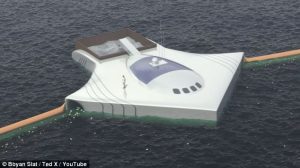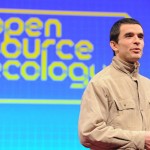
Cooperation emerges when groups are small and memories are long
The tragedy of the commons, a concept described by ecologist Garrett Hardin, paints a grim view of human nature. The theory goes that, if a resource is shared, individuals will act in their own self-interest, but against the interest of the group, by depleting that resource. Yet examples of cooperation and sharing abound in nature, from human societies down to single-celled bacteria.
Continue reading “Antechinus: Cooperation Emerges When Groups Are Small and Memories Are Long”








